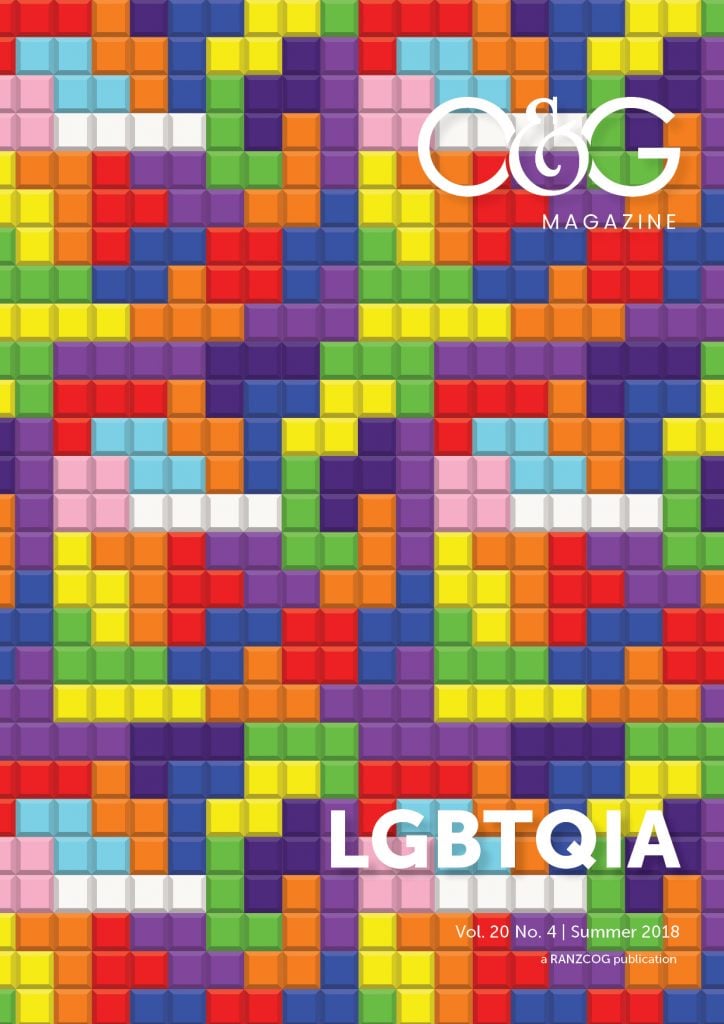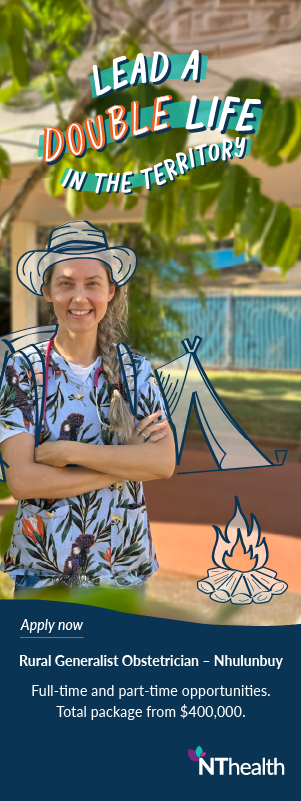At the recent Graduation Ceremony held at the 2018 RANZCOG Annual Scientific Meeting (ASM) in Adelaide, I was honoured to address the newly qualified Fellows of RANZCOG and to express my hope that their relationship with the College would continue throughout their careers. As a trainee, the relationship with the College is a mandatory one; sometimes frustrating, often stressful and, for some, considered just a ‘means to an end’. It is understandable that many trainees may see the College as a faceless behemoth that cares only about deadlines, forms and assessments, and cares little about the person. While relationships with individuals such as supervisors, consultants and ITP coordinators are generally positive, interactions with the College can sometimes be bureaucratic and mired in rules and regulations.
Over the past three years, we have worked hard to overcome some of these perceptions in order to show a more empathetic face to trainees. Establishment of the Training Support Unit, Respectful Workplaces workshops, online resources and the confidential counselling service are initiatives that aim to help trainees (and supervisors) navigate the challenging road to Fellowship. We have been grateful for the positive enthusiasm with which trainees and supervisors have embraced these new services and look forward to providing even greater support in the future.
Social media
The past three years have seen RANZCOG keenly engage with social media, which has led to greater awareness of the College and provided increased opportunities to participate in health policy debate and advocacy activities. The reach of social media is quite remarkable and, like any powerful tool, must be used advisably and with caution. One poorly considered post on Facebook or hastily tapped tweet has the potential to cause long-term reputational damage. Fortunately, our staff are experienced and trained in the use of media and understand the importance of due diligence in the use of social media. For those of you who are yet to engage with the College’s social media presence, I would encourage you to look at our LinkedIn, Facebook and Twitter profiles. These are sources of current updates and provide access to timely and useful information.
Amalgamation
The Royal Australian and New Zealand College of Obstetricians and Gynaecologists was formed on 23 October 1998, with the amalgamation of the Royal Australian College of Obstetricians and Gynaecologists and the Royal New Zealand College of Obstetricians and Gynaecologists. To celebrate and acknowledge the 20th anniversary of this significant occasion, the College held an open house for all College members to celebrate this historic moment on the 15 November 2018. At the time of writing, this event was still in planning, so I am anticipating a wonderful evening with the chance for many acquaintances to be renewed.
While Australia and New Zealand share many similarities, there are also differences that make the respective needs, interests and challenges for our members working in both countries quite unique. From a cultural perspective, the relationship and acknowledgement of our First Nations population is quite different. The models of care, regulation and legislation all need to be considered when determining policy, statements, guidelines and training requirements. RANZCOG is fortunate to enjoy a collaborative and collegiate relationship between the two countries, so we take this opportunity to acknowledge and recognise this relationship and the contribution of the many individuals who have worked hard to achieve this.
Reconciliation Action Plan
At the 2018 ASM, the College was proud to launch the RANZCOG ‘Innovate’ Reconciliation Action Plan. The plan aims to improve Aboriginal and Torres Strait Islander women’s health by setting measurable goals, timelines and responsibilities and provides a framework for the achievement of these goals. The plan is the result of many months of work in consultation with the Aboriginal and Torres Strait Islander Women’s Health Committee. The four key focus areas of the plan are:
- Building relationships through communication and advocacy
- Nurturing respect through education programs for College members and staff
- Enhancing employment and business opportunities for Aboriginal and Torres Strait Islanders
- Ensuring accountability by tracking process and reporting.
The College website provides further information for those who wish to learn more about work of the Aboriginal and Torres Strait Islander Women’s Health Committee.
Māori health
The RANZCOG Board recently endorsed the pilot of a cultural competence course that is being facilitated by the Māori/Indigenous Health Institute (MIHI) in New Zealand. The course, Utilising the Hui Process/Meihana Model in Clinical Practice, includes both face-to-face and online components and the feedback from this pilot will help inform the 2019 program. It is anticipated that this course will become a mandatory element for all New Zealand trainees and will assist the College to honour its responsibility to provide FRANZCOG trainees in New Zealand with training in culturally safe care. The He Hono Wāhine subcommittee have provided significant input and have been strong advocates for the introduction of this course. It has been very well received by participants and we look forward to its ongoing integration into the FRANZCOG training program in New Zealand.
Conclusion
I would like to thank the staff and all members of the College who have provided me with support, advice and friendship over the past three years. I have enjoyed my time at the College and learned much from those with whom I have worked. I wish the College every success into the future and look forward to following RANZCOG’s progress with interest and with gratitude for the opportunities this organisation has afforded me.






Leave a Reply